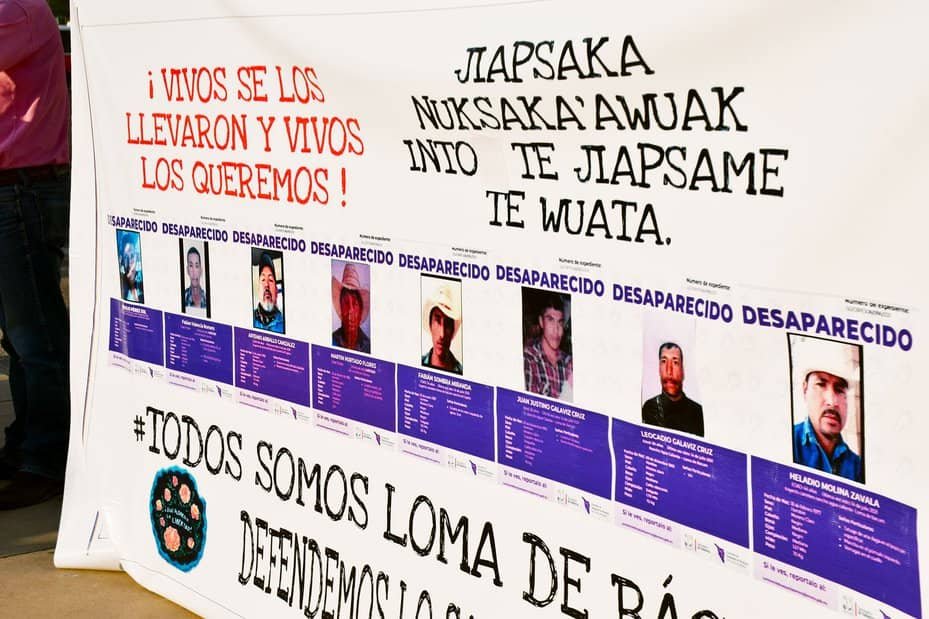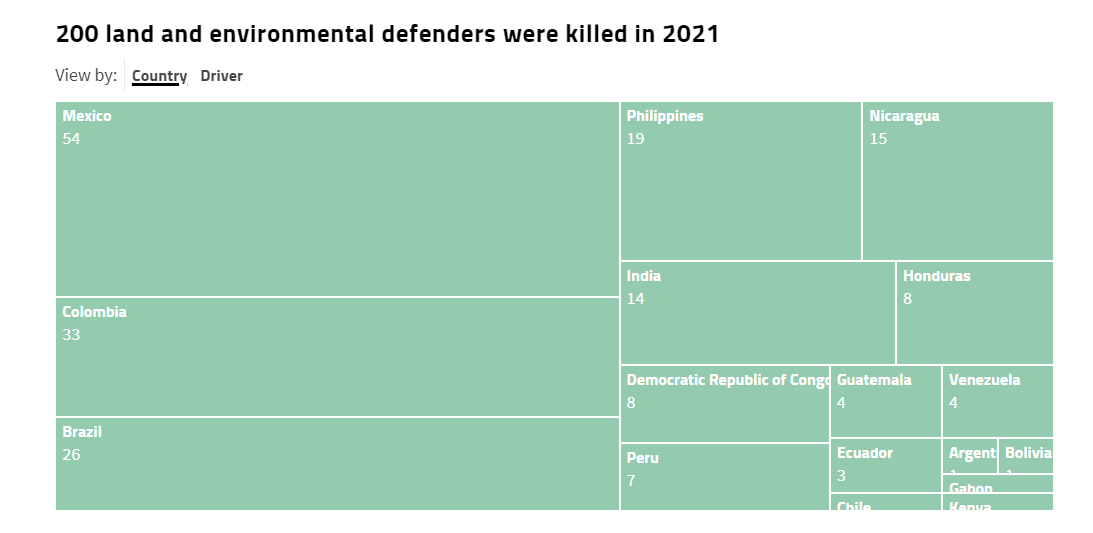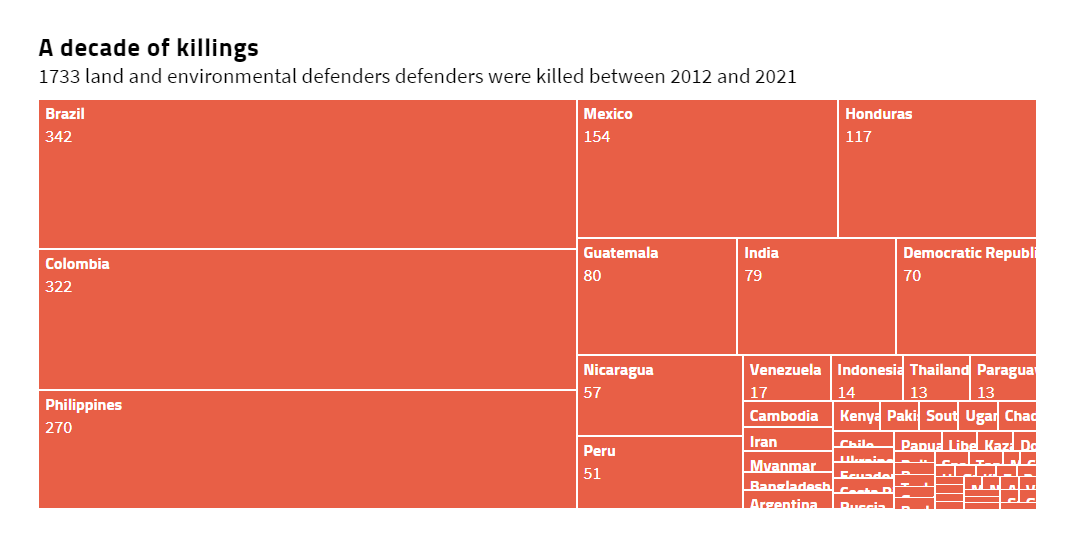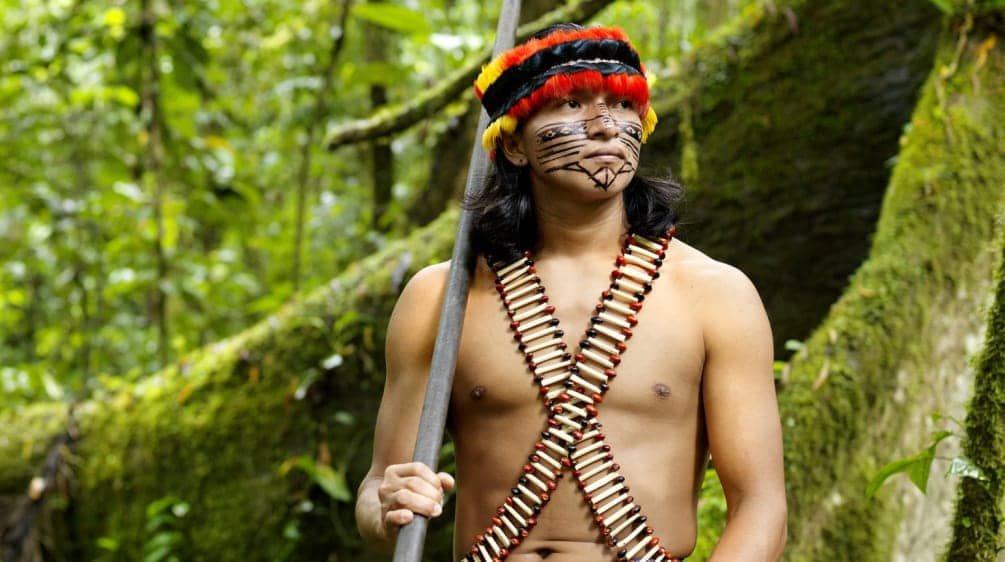Overall 1733 activists were killed between 2012 and 2021, with brazil being the deadliest with 342 murders.
The climate crisis is not only a threat to our planet, but also to the people who are trying to protect it.
For the past decade, environmental activists have been facing increasing violence and intimidation from powerful interests that exploit natural resources and destroy ecosystems.
A new report from Global Witness reveals the shocking scale and patterns of this deadly trend.
According to the report, titled ‘A Decade of Defiance: Ten years of reporting land and environmental activism worldwide’, more than 1,700 land and environmental defenders were killed between 2012 and 2021 – an average of one every two days.

These are people who peacefully resisted the expansion of mining, logging, agribusiness, hydroelectric dams, and other destructive industries in their territories.
They also advocated for the rights of Indigenous peoples and local communities, as well as for the conservation of biodiversity and the mitigation of climate change.
The report shows that Latin America remains the most dangerous region for environmental activists, accounting for more than half of the killings in the past decade.

Mexico was one of the deadliest countries in 2021, with at least 54 murders every month recorded by Global Witness. Colombia and the Philippines had a drop in killings to 33 and 19 from 65 and 30.
Overall 1733 activists were killed between 2012 and 2021, with brazil being the deadliest with 342 murders.

The report also highlights some of the root causes and drivers of violence against environmental activists.
These include corruption, impunity, weak governance, land grabbing, criminalization, and militarization.
The report also exposes how some multinational corporations and financial institutions are complicit in or benefit from human rights abuses and environmental destruction.
However, despite these grim statistics and challenges, the report also celebrates the courage and resilience of environmental activists who continue to fight for a more just and sustainable world.
It also calls for urgent action from governments, companies, and investors to protect environmental activists and their communities from harm.

The report concludes with a set of recommendations for different actors to address this crisis. Some of these include:
For governments:
Recognize and respect the rights of Indigenous peoples and local communities over their lands and resources.
implement effective laws and policies to protect environmental activists.
investigate and prosecute those responsible for attacks.
end criminalization and harassment.
ensure meaningful participation and consultation; support defenders’ networks; adopt ambitious climate targets.
For companies:
Conduct human rights due diligence throughout their operations.
respect free prior informed consent (FPIC) principles.
adopt zero-deforestation commitments; disclose supply chain information; implement grievance mechanisms.
refrain from lobbying against environmental regulations.
For investors:
Screen potential investments for human rights risks.
Divest from harmful projects or sectors; use leverage to influence corporate behavior.
support defenders’ initiatives.

As we face a critical moment in history where our actions will determine the fate of our planet and future generations,
We must stand in solidarity with those who are at the frontlines of this struggle.
They are not only defending their own lives and livelihoods but also ours.
They deserve our recognition, support, and protection.









